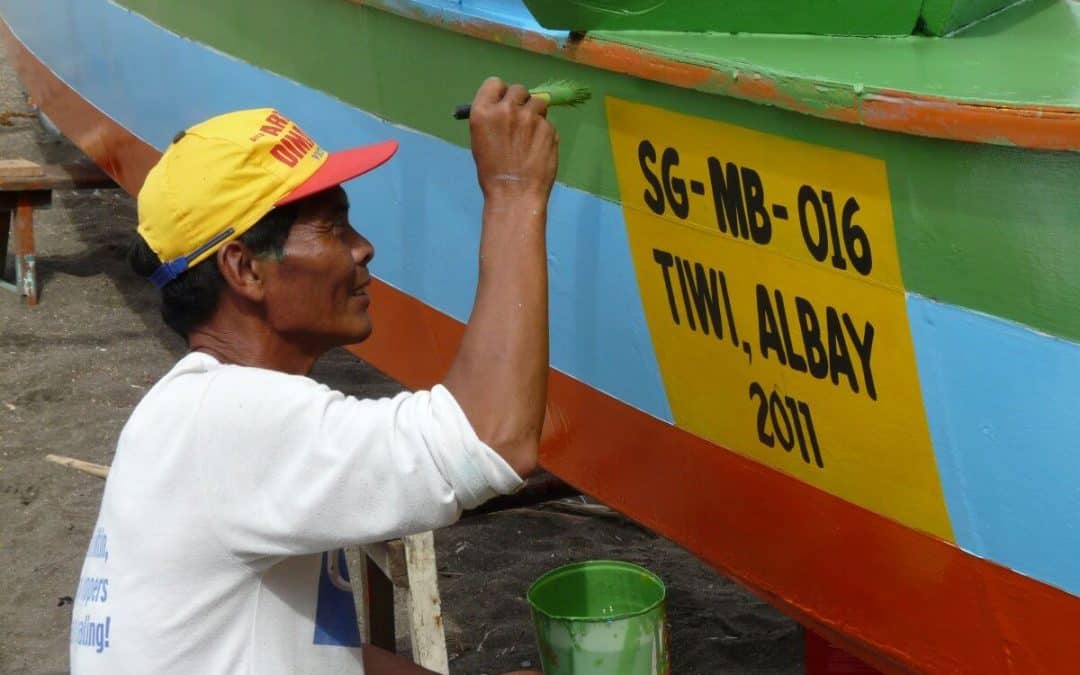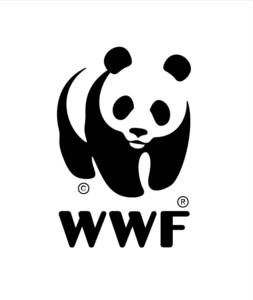At the occasion of the Seafood Expo Global (7-9 May 2019), WWF Austria and EJF invited representatives from the seafood industry, policy-makers and NGOs to several presentations and panel discussions on the topic of “Transparency and traceability – The need for a level playing field”.
The lack of traceability facilitates illegal, unreported and unregulated (IUU) fishing. This does not only threaten the health of fish stocks and the livelihoods of people depending on fish but is often linked to human rights abuses and horrific working conditions.
To stop this, global fisheries must become much more transparent. More stringent regulations and growing demands by consumers and supply chain partners already make it necessary for the seafood industry to have reliable and transparent information on the origin of the seafood products.
There are also various tools and guidance notes available which support seafood traceability and transparency and that can help buyers to make a more informed judgement on the risks they face when sourcing seafood:
WWF Traceability Principles for the Wild-Caught Fish Products
These principles provide overarching guidance and recommendations to the seafood industry. WWF’s traceability principles can be used as a benchmark that is applicable to a variety of existing or upcoming traceability systems.
PAS 1550:2017 Exercising due diligence in establishing the legal origin of seafood products and marine ingredients – Importing and processing – Code of Practice
EJF and WWF worked with other NGOs and industry to develop guidance and recommendations which cover both legality and decent work in fisheries.
EJF’s Principles for global transparency provide 10 simple recommendations for states to make fisheries more transparent, which would support the move towards greater traceability. Companies have a powerful voice that they can use to call on governments to make critical reforms by implementing these recommendations.
image: © Georg Scattolin WWF
















